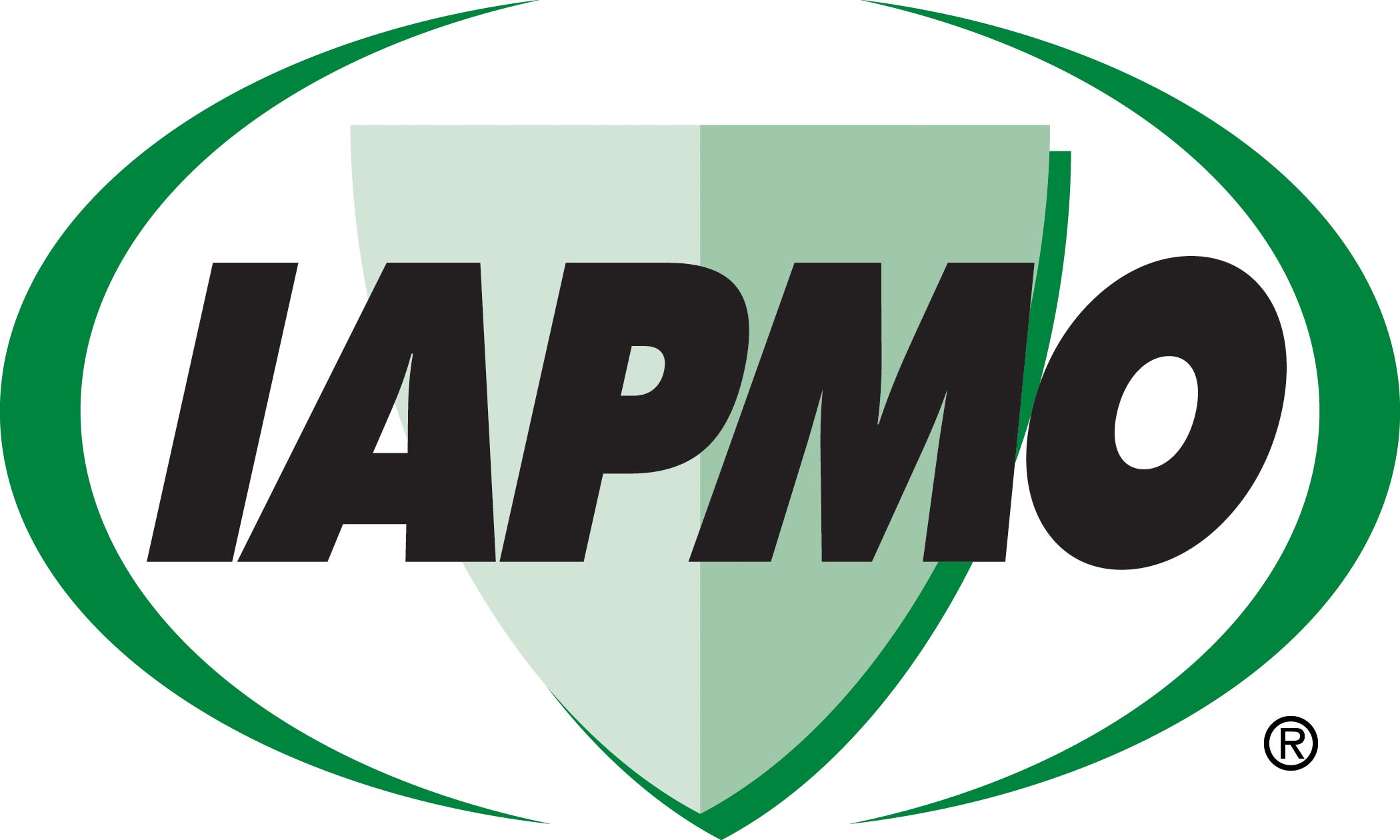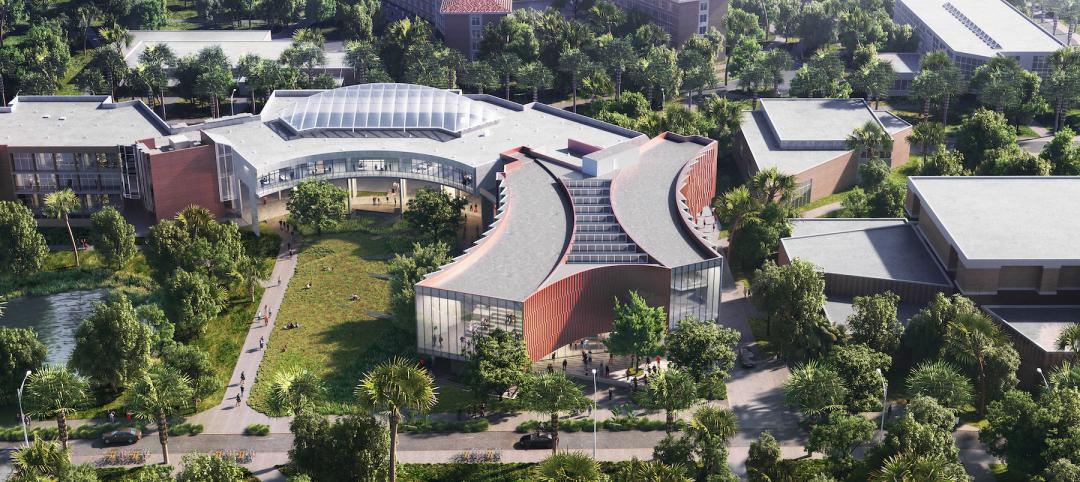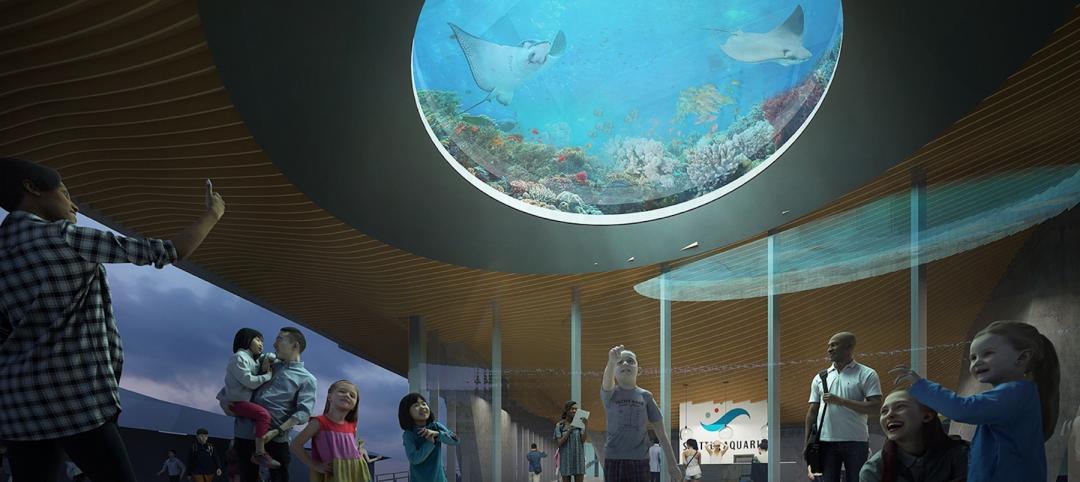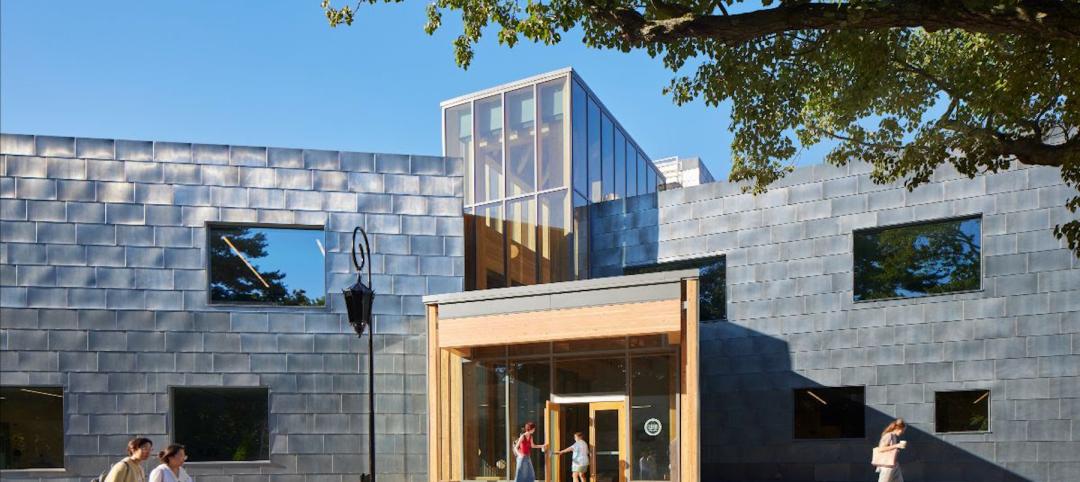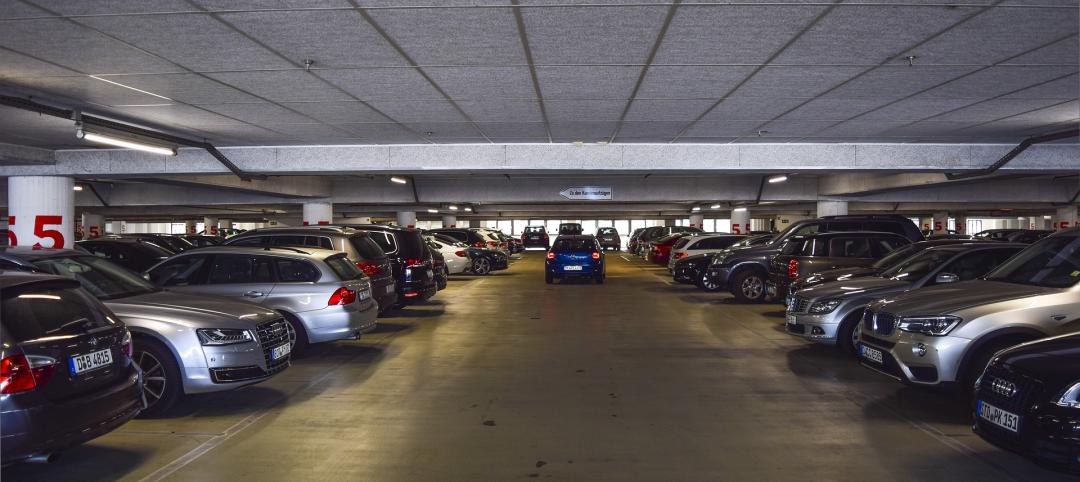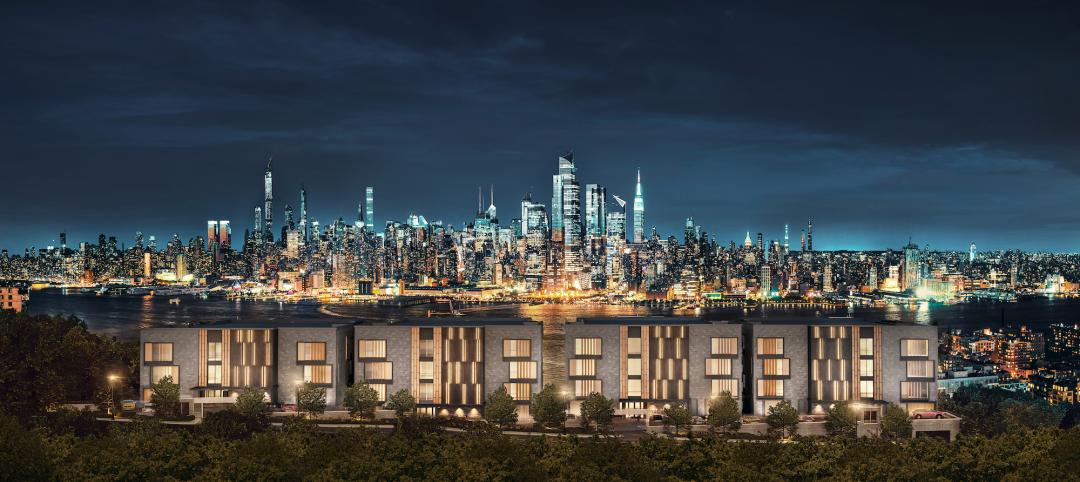The topic of water shortages is nothing new, as cities around the globe struggle with drought, water quality, supply constraints, and failing infrastructures. However, the idea of new plumbing codes and design standards working together to assist plumbing engineers in adding harvested rainwater systems to their design arsenal has been uncharted territory--until now.
With the publication of the 2010 IAPMO Green Plumbing and Mechanical Code Supplement (GPMCS), 2012 IAPMO Uniform Plumbing Code (UPC), and the Rainwater Catchment Plumbing Engineering Design Standard by the American Rainwater Catchment Systems Association (ARCSA) and American Society of Plumbing Engineers (ASPE), the plumbing industry now has authoritative tools at its disposal to standardize the safe and reliable use of rainwater for potable and nonpotable applications.
Rainwater harvesting provisions were introduced in the GPMCS and the UPC by the IAPMO Green Technical Committee (GTC) as part of a broader effort to reduce the energy and water consumption of plumbing and mechanical systems while ensuring that these systems are safe and reliable. The GTC is comprised of the broadest group of expert stakeholders ever assembled to develop sustainable plumbing and mechanical requirements. ASPE and ARCSA are well represented on the GTC and played a critical role in the development of the first model code provisions for rainwater harvesting.
Jeffrey L. Ingertson, CPD, FASPE, ASPE's vice president of membership, serves as ASPE's official representative, while Bob Boulware, immediate past president of ARCSA (and an ASPE member), represents ARCSA. Larry N. Oliver, CPD, FASPE, former ASPE president, and April K. Trafton, president of Donald Dickerson and Associates, round out the slate of plumbing engineering members of the GTC. Additionally, more than 20 sustainable plumbing engineering experts serve among the more than 125 members of the 12 task groups that operate under the GTC.
Click here to view the white paper. +
Related Stories
Building Team | Oct 27, 2022
Who are you? Four archetypes shaping workspaces
The new lifestyle of work requires new thinking about the locations where people work, what their workflow looks like, and how they are performing their best work.
Codes and Standards | Oct 27, 2022
Florida’s Surfside-inspired safety law puts pressure on condo associations
A Florida law intended to prevent tragedies like the Surfside condominium collapse will place a huge financial burden on condo associations and strain architecture and engineering resources in the state.
University Buildings | Oct 27, 2022
The Collaboratory Building will expand the University of Florida’s School of Design, Construction, and Planning
Design firm Brooks + Scarpa recently broke ground on a new addition to the University of Florida’s School of Design, Construction, and Planning (DCP).
Building Team | Oct 26, 2022
The U.S. hotel construction pipeline shows positive growth year-over-year at Q3 2022 close
According to the third quarter Construction Pipeline Trend Report for the United States from Lodging Econometrics (LE), the U.S. construction pipeline stands at 5,317 projects/629,489 rooms, up 10% by projects and 6% rooms Year-Over-Year (YOY).
Data Centers | Oct 25, 2022
Virginia county moves to restrict the growth of new server farms
Loudoun County, Va., home to the largest data center cluster in the world known as Data Center Alley, recently took steps to prohibit the growth of new server farms in certain parts of the county.
Museums | Oct 25, 2022
Seattle Aquarium’s new Ocean Pavilion emphasizes human connection to oceans
Seattle Aquarium’s new Ocean Pavilion, currently under construction, features several exhibits that examine the human connection with the Earth’s oceans.
Energy-Efficient Design | Oct 24, 2022
Roadmap shows how federal buildings can reach zero embodied carbon emissions by 2050
The Rocky Mountain Institute (RMI) has released a roadmap that it says charts a path for federal buildings projects to achieve zero embodied carbon emissions by 2050.
Higher Education | Oct 24, 2022
Wellesley College science complex modernizes facility while preserving architectural heritage
A recently completed expansion and renovation of Wellesley College’s science complex yielded a modernized structure for 21st century STEM education while preserving important historical features.
Transportation & Parking Facilities | Oct 20, 2022
How to comply with NYC Local Law 126 parking garage inspection rules
Effective January 1, 2022, New York City requires garage owners to retain a specially designated professional engineer to conduct an assessment and file a report at least once every six years. Hoffmann Architects + Engineers offers tips and best practices on how to comply with NYC Local Law 126 parking garage inspection rules.
Architects | Oct 20, 2022
Michael Graves Architecture acquires Jose Carballo Architectural Group
Michael Graves Architecture (MG), an award-winning global leader in planning, architecture, and interior design based in Princeton, NJ, announces the acquisition of Jose Carballo Architectural Group (JCAG), a New Jersey-based architecture firm.


